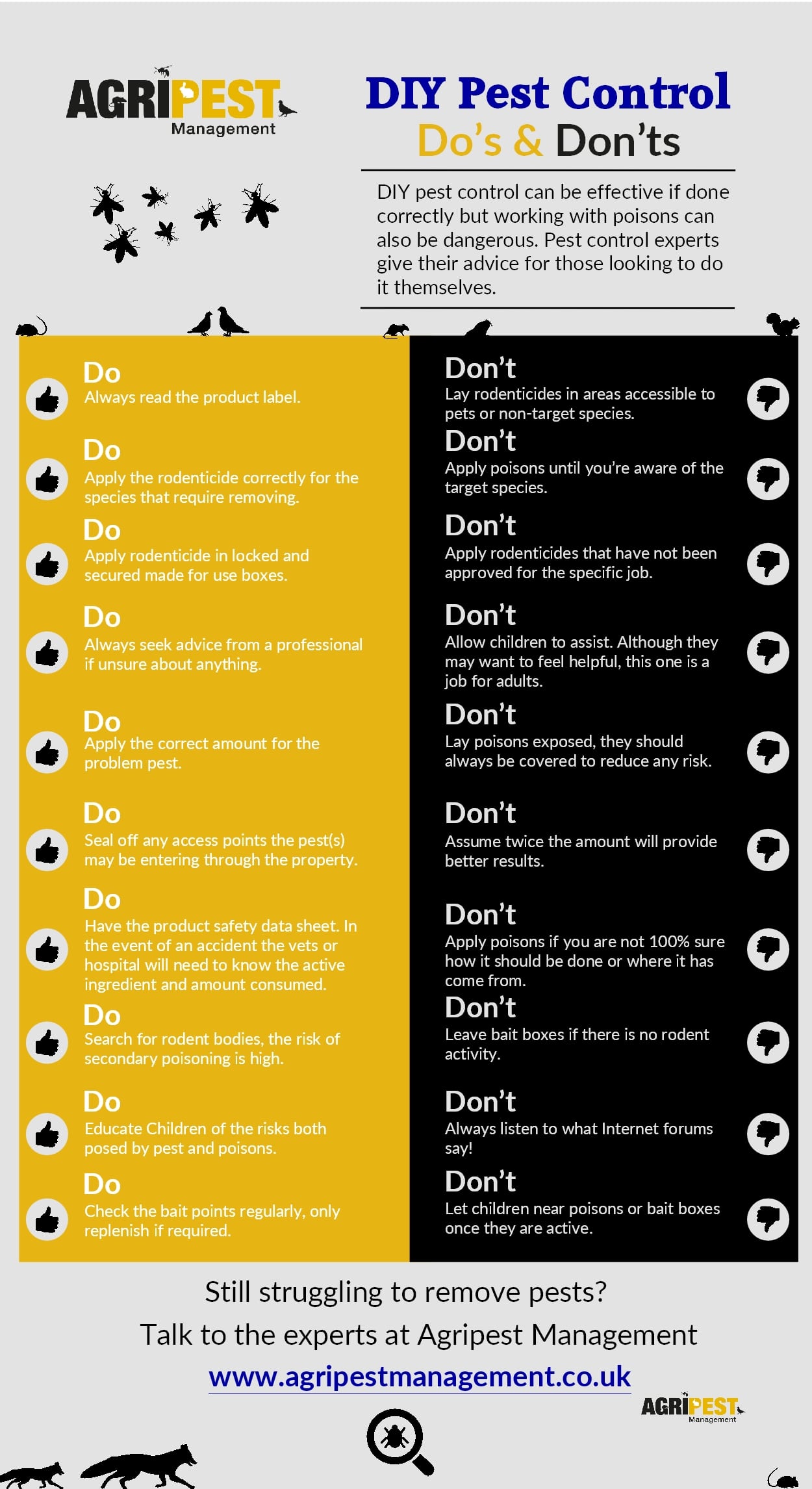Shielding Your Garden From Vermins: Methods For A Pest-Free Outdoor Room
Shielding Your Garden From Vermins: Methods For A Pest-Free Outdoor Room
Blog Article
Post Writer-Thorpe Medeiros
Picture your yard as a sanctuary, an area of harmony and charm. Nonetheless, the visibility of outside bugs can quickly interrupt this idyllic photo. What happens if there were basic yet efficient ways to maintain these undesirable site visitors at bay and secure your yard sanctuary? By complying with a couple of functional tips and applying all-natural strategies, you can produce an unified exterior space where your plants can flourish undisturbed.
Natural Bug Deterrents
To keep bugs away from your yard normally, plant aromatic natural herbs like mint and lavender. These great smelling plants not only add elegance to your garden but likewise function as reliable pest deterrents. Pests like mosquitoes, flies, and also some garden-damaging bugs are driven away by the strong scents discharged by these herbs. Merely putting them tactically around your yard can assist develop a natural obstacle versus unwanted parasites.
Along with mint and lavender, take into consideration planting other herbs like rosemary, basil, and lemongrass to further improve your yard's pest-proofing capacities. These natural herbs not only function as natural repellents but additionally have the added benefit of being useful in food preparation or crafting homemade treatments.
Strategic Plant Positioning
Think about the layout of your yard and the types of plants you have to strategically place them for optimum pest-proofing effectiveness.
Start by organizing plants with comparable resistance to parasites with each other. By doing this, you can develop a natural barrier that deters insects from spreading throughout your garden.
Furthermore, positioning pest-repelling plants like marigolds, lavender, or mint near even more at risk plants can aid protect them. High plants, such as sunflowers or corn, can serve as a guard for much shorter plants versus pests like rabbits or ground-dwelling bugs.
Bear in mind to leave enough room in between plants to improve air blood circulation and decrease the risk of illness that pests may carry.
Moreover, consider planting strong-smelling herbs like rosemary or basil near at risk plants to perplex parasites' detects and make it harder for them to situate their targets.
Efficient Bug Control Methods
For combating yard pests effectively, executing a multi-faceted insect control strategy is essential. Start by encouraging all-natural predators like birds, ladybugs, and hoping mantises to help maintain insect populations in check. Introducing honey bee nest removal that bring in these useful insects can aid in bug control. Furthermore, exercising great garden health by removing debris and weeds where pests may hide can make your garden less welcoming to undesirable visitors.
Think about making use of physical obstacles such as row cover textiles or netting to secure at risk plants from pests like caterpillars and birds. Applying natural pesticides like neem oil or insecticidal soap can additionally work versus certain parasites while being much less damaging to beneficial bugs and the environment. It's crucial to revolve your plants each period to prevent the build-up of bug populations that target details plants.
Routinely inspect https://www.fox4now.com/charlotte-county/tips-lead-to-charlotte-county-animal-control-filing-charges-in-cruelty-case for signs of pest damages so you can take action promptly. By combining these approaches and staying cautious, you can efficiently manage garden parasites and appreciate a thriving, pest-free garden.
Final thought
So, there you have it - with the right strategies, you can keep pesky outdoor parasites away from your garden and aid your plants grow.
Did you know that growing mint has been revealed to repel insects and other bugs, reducing the need for damaging chemicals by as much as 60%?
By including natural deterrents and clever planting techniques, you can create a lovely and pest-resistant garden sanctuary for you to enjoy.
